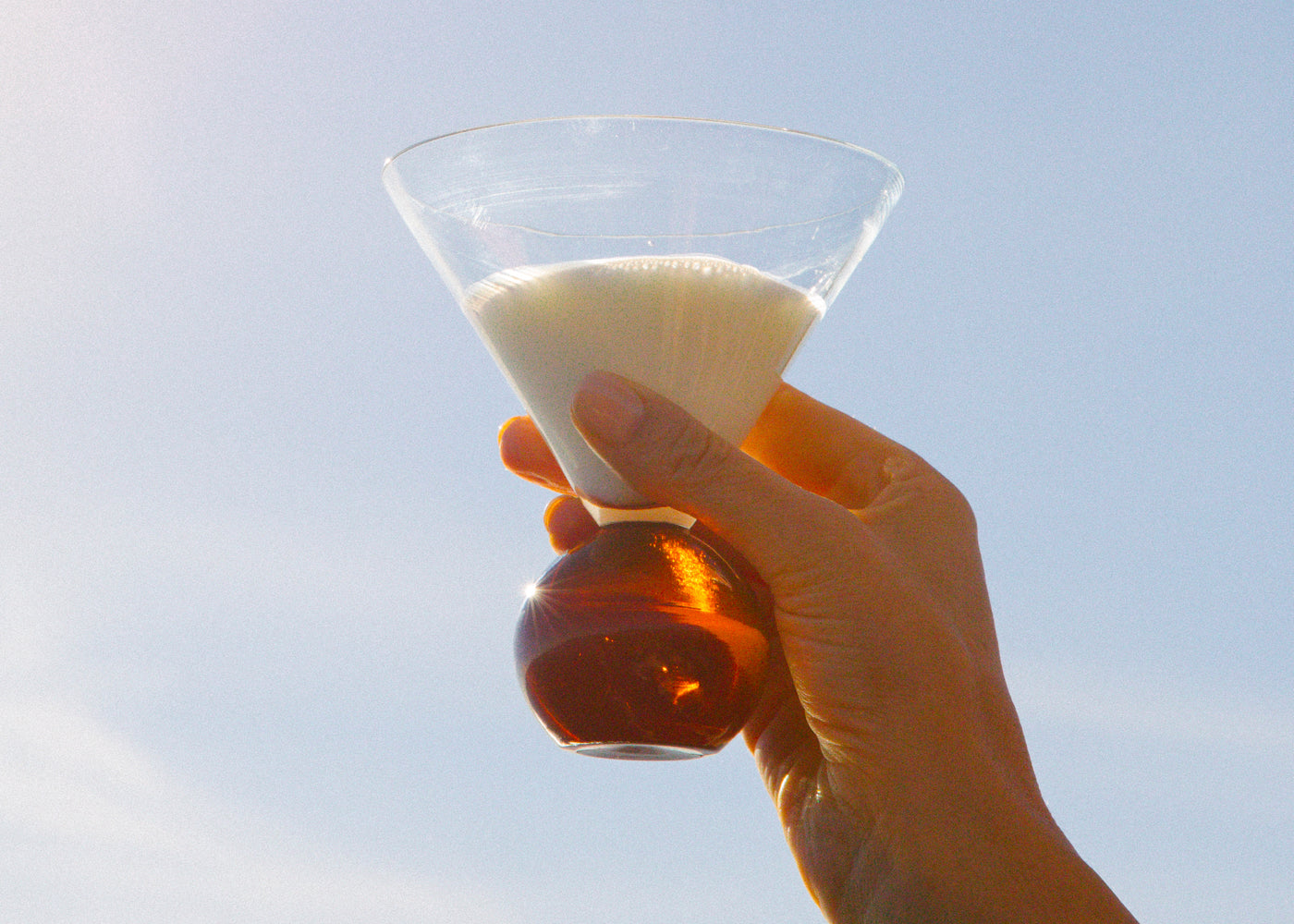Introduction to Oat Milk
Oat milk, an increasingly popular non-dairy milk alternative, is made from simple ingredients such as water and oats. This plant-based milk suits vegans and individuals with lactose intolerance. Compared to dairy milk, oat milk is naturally free from lactose, making it easier to digest. Barista oat and koji milk are excellent options for those looking to enhance their coffee experience.
Ingredients
- Water
- Oats
- Optional sweeteners or flavorings
Benefits
- Lactose-free
- Rich in nutrients
- Sustainable production
Oat milk stands out among the 8 best non-dairy milk alternatives for its creamy texture and nutritional benefits.
Nutritional Profile of Oat Milk
Oat milk stands out as one of the best non-dairy milk alternatives with its rich nutritional profile. It’s made from simple ingredients such as oats and water. Sometimes, barista oat and koji milk are also used for enhanced flavor and consistency. Koji, a natural fermentation process, is increasingly recognized for its role in lactose intolerance management.
Key Nutrients in Oat Milk:
- Carbohydrates: Provides a good source of energy, containing about 15-20 grams per cup.
- Fiber: Contains around 2 grams of fiber per serving, primarily beta-glucan, which helps with digestion.
- Protein: Contains around 3 grams per serving, which is more compared to some other non-dairy alternatives.
- Fats: Generally low in fat, with around 2.5 grams per serving, mostly unsaturated.
- Vitamins and Minerals: Often fortified with vitamins A, D, B12, and minerals like calcium and iron to match the nutritional value of dairy milk.
Health Benefits of Oat Milk
Oat milk offers several health advantages:
- Nutrient-Rich: Contains essential vitamins and minerals like calcium and Vitamin D.
- Low in Fat: Generally lower in fat compared to cow’s milk.
- Heart Health: Rich in beta-glucans, which help lower cholesterol levels.
- Digestive Health: High fiber content aids digestion.
- Lactose-Free: Ideal for lactose-intolerant individuals.
- Bone Health: Fortified with calcium and vitamin D for stronger bones.
- Allergy-Friendly: Free from nuts, soy, and gluten (if certified).
- Sustainability: Lower carbon footprint compared to dairy production.
Understanding these benefits can help individuals choose oat milk as a healthier alternative.
Oat Milk vs. Other Plant-Based Milks
When considering non-dairy alternatives, it’s essential to understand the ingredients of each. With the rise of barista oat and koji milk, consumers have more options than ever. But what is koji? Koji, a fermented mold, offers unique benefits, especially for those understanding lactose intolerance and the benefits of koji milk.
Comparing Options
-
Oat Milk
- Creamy texture.
- Good for frothing.
- Naturally sweet.
-
Almond Milk
- Low in calories.
- Subtle nutty flavor.
- Not suitable for those with nut allergies.
-
Soy Milk
- High protein content.
- Slight bean flavor.
- May contain GMOs.
Discover the 8 Best Non-Dairy Milk Alternatives
Understanding each type helps in choosing the right one for specific needs. This way, consumers can make informed decisions.
How to Incorporate Oat Milk into Your Diet
To include oat milk in one’s diet:
- Morning Coffee: Use oat milk instead of dairy. Barista oat and koji milk enhances coffee flavor.
- Smoothies: Blend oat milk with fruits and veggies for a creamy texture.
- Baking: Substitute oat milk for regular milk in recipes.
- Cereal: Pour oat milk over cereal for a nutritious breakfast.
- Cooking: Use oat milk in soups and sauces for creaminess.
- Desserts: Make ice cream or pudding with oat milk.
Understanding lactose intolerance and the benefits of koji milk aids in making dietary choices. Discover the 8 best non-dairy milk alternatives for variety.
Possible Downsides and Considerations
- Ingredients: Oat milk often contains added ingredients such as oils, sugars, and preservatives, which some might want to avoid.
- Calories and Carbohydrates: Compared to other non-dairy milks, oat milk has higher levels of calories and carbohydrates, which could be a concern for those managing caloric or carb intake.
- Allergies and Sensitivities: Though naturally lactose-free, individuals with gluten intolerance or celiac disease should ensure their oat milk is certified gluten-free.
- Nutrient Profile: Many oat milks may lack certain nutrients found in cow’s milk, like protein and calcium, unless fortified.
-
Environmental Impact: While better than dairy, the production of oat milk still has an environmental footprint that should be considered.
Conclusion and Final Thoughts
Oat milk is an appealing choice for those exploring non-dairy alternatives. Its primary ingredients, commonly including oats and water, contribute to its nutritional profile. Variants like barista oat and koji milk cater to different preferences and needs.
For a broader context on non-dairy options, discovering the 8 best non dairy milk alternatives can provide valuable insights. Understanding lactose intolerance and the benefits of koji milk is essential for informed choices.
Users curious about “what is koji” will appreciate its role in these innovative milk options. Oat milk proves versatile, nutritious, and well-suited for diverse dietary requirements.



